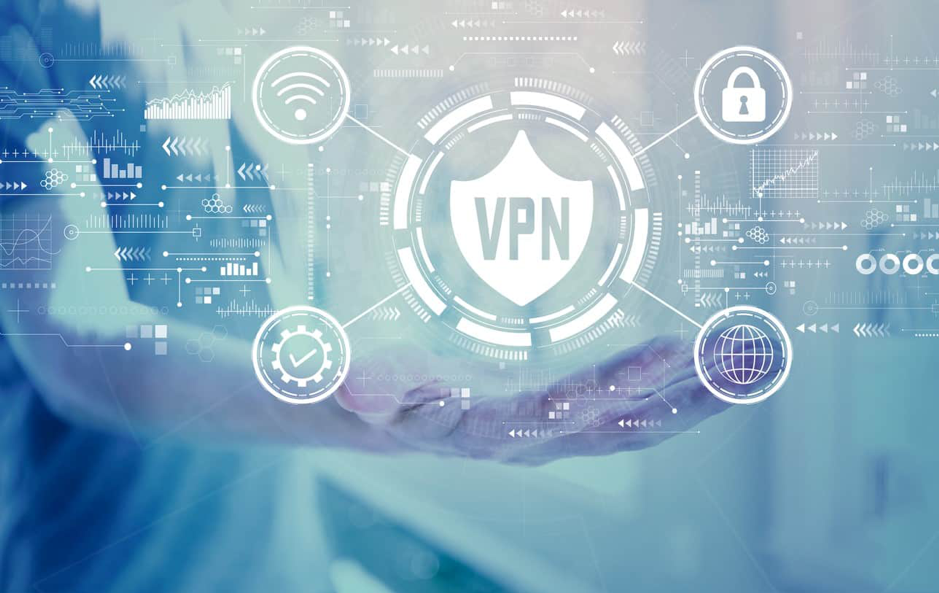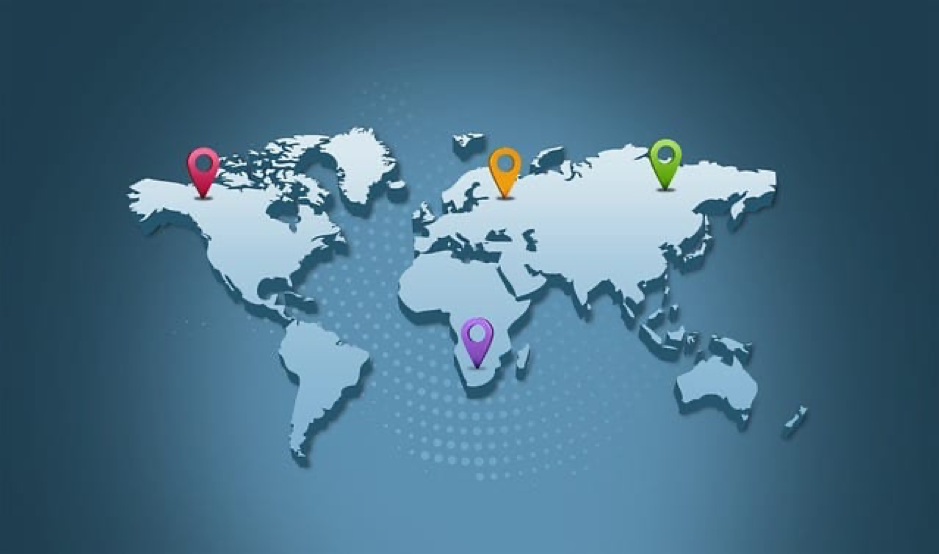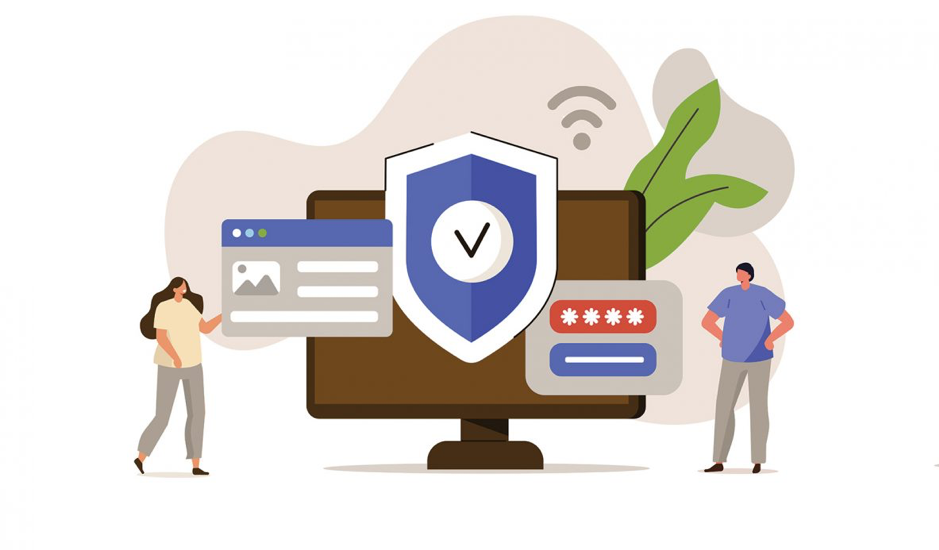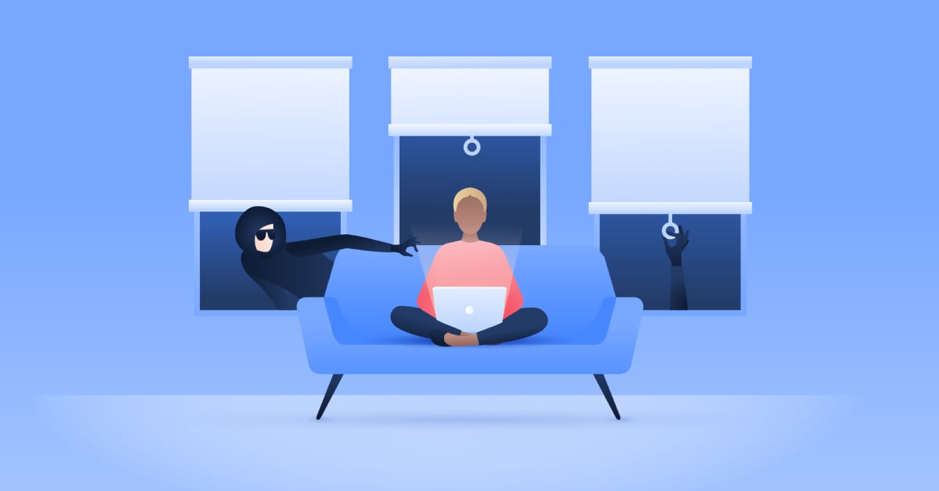Table of Contents
About VPN Service
Virtual private network, or VPN, prepares a point-to-point channel between the user’s PC and an isolated server of the VPN service provider that encrypts users’ personal data, hides their IP address, and enables users to get around website blocks and firewalls on the internet. This offers better security to all online activities, keeps them safe, and protected.
As the definition says, a VPN connection is:
- It is ‘Virtual’ as there are no actual cables used in the connection procedure.
- It is ‘Private’ since no one else can view the user’s browsing behavior or data while using this connection.
- It is ‘Networked’ since the VPN server and users’ PCs cooperate to keep the connection active.

Why is a VPN Service Needed?
The advantages of using a VPN program are numerous for anyone looking for a safer, more liberated, and more secure internet experience. A VPN shields its customers’ location and browsing history from peeping eyes by encrypting data and hiding IP addresses. Owing to this increased anonymity, more freedom and privacy are made possible for individuals who want to access restricted or region-locked content.
A few common reasons for using a VPN include:
1. Working from Home
More people than ever before work remotely these days. As long as they can connect to the internet, remote employees can use a virtual private network (VPN) to access company resources from any location. This gives workers more freedom while guaranteeing that corporate information is safe and secure—even when using a Wi-Fi (public) network.
2. Stream or Access Regional Content from different Locations

Users might not be able to access certain types of information since certain websites and services limit their media content according to geographic region. With the help of a VPN, users may make their local server appear to be headquartered somewhere else, like another nation, by masking or spoofing its location.
3. Safety of User Data

Online transmissions of sensitive data, such as work emails, payment details, and location tagging, are continuous. This data is easily trackable and exploitable, mainly when connected to a public network where anyone with network access could potentially view the user’s personal information. Users’ data is encoded via a VPN connection, making it unintelligible to anyone lacking an encryption key. The user’s browsing behavior is concealed so that others cannot see it.
4. Bypass Surveillance and Censorship
Due to governmental limitations, censorship, or surveillance, some locations might not have access to particular websites or services. These individuals can visit websites that are prohibited, get over firewalls, and browse the internet without restriction thanks to location spoofing.
5. Avoid ISP and 3rd Party Tracking
![]()
The user device’s unique IP address is used by ISPs (Internet Service Providers) to log and trace the surfing history. This data may be transferred to the government, sold to unaffiliated third parties, or left exposed in the event of a security breach. A virtual private network, or VPN, hides a user’s IP address, stops ISP tracing, and protects their private information by forwarding traffic to a remote server rather than their ISP’s servers.
VPN at home – Why is it Essential today?

At home, users don’t need a VPN as much as they would in public since their network is protected with security features like a password and a username. However, a lot of individuals continue to use a Virtual Private Network at home to block specific online tracking or to view particular kinds of content.
Any communication users send or receive on an unprotected public Wi-Fi network can be readily intercepted by hackers. Even though the majority of the traffic on the internet is somewhat dull, it may contain private information, such as credit card numbers, bank account information, or login credentials. Wide net attacks are more common, which is why using free internet at public libraries or airports is riskier.
Home networks are far safer as compared to these abovementioned sources. The likelihood of someone walking in and joining users’ network is substantially lower. Furthermore, using a VPN at home for protection against cybercriminals is probably not one of the key priorities if users take all the necessary precautions to secure their home Wi-Fi router, such as changing the default login and password.
However, a VPN can assist in shielding users from additional privacy risks even when they’re at home. Every time users visit a website or open any online application, their online activities might be monitored. Businesses gather data on users to enhance their offerings or present them with customized advertisements depending on their internet behavior. A VPN can help users stay hidden from trackers and increase anonymity, especially when used with other anti-tracking software.
In addition to providing an additional degree of security, using a VPN on a home network makes it more difficult for outsiders to observe what users are doing since they can’t determine the IP address.
Remember that even with a VPN, websites are still able to monitor users’ activities on their services and, if they are logged in, even off of them. Readers might be surprised to hear that this is how organizations like Google use users’ information to discover a great deal more about them.
However, if users don’t use a VPN, their internet service provider can see everything they do on the internet. In addition to charging users for their bandwidth, ISPs may slow down their connection if they download or stream a lot. Users’ ISPs become blind when they use a private tunnel to hide their online activity.
Final Lines: Do you really need a VPN?
Users need a VPN since it conceals their online activity and identity from their ISP, the websites they visit, and governments. More internet security and privacy are hence, guaranteed. Virtual private networks also aid in getting beyond geographic restrictions and censorship to guarantee a world with greater internet freedom wherever users are.
Leave a Reply